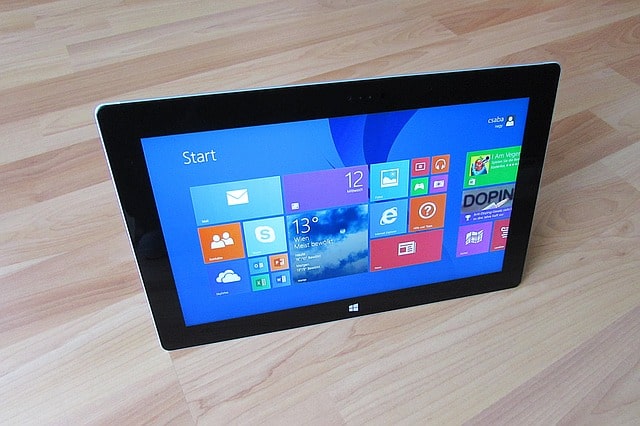Oppo’s decision to develop its own chipset is a strategic move that could potentially position the company as a serious competitor to Apple and Google in the smartphone market. Here are some potential implications of this move:
- Increased control over hardware and software integration: By developing its own chipset, Oppo can have more control over the hardware and software integration in its smartphones, which can result in better performance and more efficient power consumption.
- Enhanced competitiveness: Developing its own chipset can help Oppo to differentiate itself from other Android smartphone makers and potentially position itself as a top-tier competitor to Apple and Google.
- Reduction in dependency: Currently, Oppo relies on chipsets from Qualcomm for its smartphones, and developing its own chipset can reduce the company’s dependency on third-party suppliers and potentially lower costs.
- Potential challenges: Developing a competitive chipset requires significant resources and expertise, and there are no guarantees that Oppo’s chipset will be able to match the performance of chipsets from companies like Apple and Qualcomm. Additionally, the global shortage of semiconductor components could pose a challenge for Oppo in sourcing the necessary materials to manufacture its chipsets.
Oppo’s move to develop its own chipset is part of a broader trend of smartphone makers seeking greater control over the hardware and software in their devices. Apple, for example, has been using its own custom-designed chipsets in its iPhones and iPads for several years, which has allowed the company to optimize its devices for its own operating system (iOS) and differentiate its products from other smartphone makers. Google, on the other hand, has also been developing its own chipsets for its Pixel smartphones and tablets, although these devices have not achieved the same level of commercial success as Apple’s iPhones.
By developing its own chipset, Oppo can potentially achieve similar benefits to Apple, including greater control over hardware and software integration, improved performance, and reduced costs. Additionally, developing its own chipset can help Oppo to differentiate itself from other Android smartphone makers, which could help the company to capture more market share and improve its brand recognition.
However, developing a competitive chipset is no small feat, and Oppo will need to invest significant resources and expertise to achieve its goals. Oppo has reportedly been working on its own chipset for several years and has already begun testing its chipset in its own smartphones. The company has also acquired several chip design firms and has invested heavily in research and development.
Assuming that Oppo is able to develop a competitive chipset, there are several potential implications for the smartphone market. For one, it could create more competition in the market, which could help to drive innovation and lower prices for consumers. Additionally, it could help to reduce the dominance of companies like Qualcomm, which currently supplies chipsets to many Android smartphone makers. This could lead to more diversity in the smartphone market and potentially make it easier for smaller smartphone makers to compete with larger players.
However, there are also potential risks associated with Oppo’s move. Developing a competitive chipset requires significant resources and expertise, and there are no guarantees that Oppo’s chipset will be successful. Additionally, the global shortage of semiconductor components could pose a challenge for Oppo in sourcing the necessary materials to manufacture its chipsets.
Overall, Oppo’s move to develop its own chipset is a bold and potentially transformative move for the company. It remains to be seen how successful Oppo will be in this endeavor, but if the company is able to develop a high-performing chipset, it could potentially change the smartphone market and help to cement Oppo’s position as a major player in the industry.







